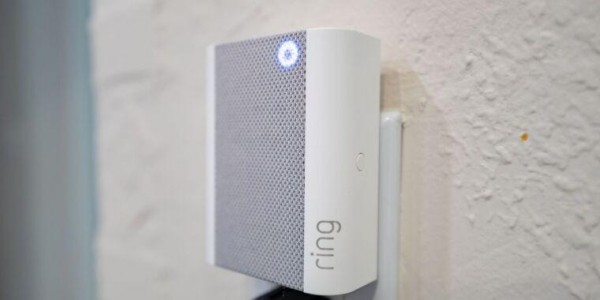More than 10 million people rely on Ring video doorbells to monitor what’s happening directly outside the front doors of their homes. The popularity of the technology has raised a question that concerns privacy advocates: Should police have access to Ring video doorbell recordings without first gaining user consent? Ring recently revealed how often the answer to that question has been yes.
Critics say it shouldn’t be left up to Ring and the police to decide when data can be accessed, or how long that data can be stored, or what constitutes “cases involving imminent danger of death or serious physical injury to any person”.
By definition, this violation seems to negate those very reasons, as the time taken to submit the form, track the device, and deliver footage, means the “immanency” must have long passed.
It is a problem for most consumers where their data sits in someone else’s cloud. You pay for a service to store your data, yet they hand it over without even informing you first. It is one reason why I wipe my Sonoff smart devices and reflash them Tasmota firmware so that I can manage the devices from inside my own home (and of course if the Internet is not accessible, my devices all still operate).
It’s these type of occurrences though that are driving more and more users to decentralised networks and smart home solutions…
#technology #cloud #ringdoorbell #privacy

